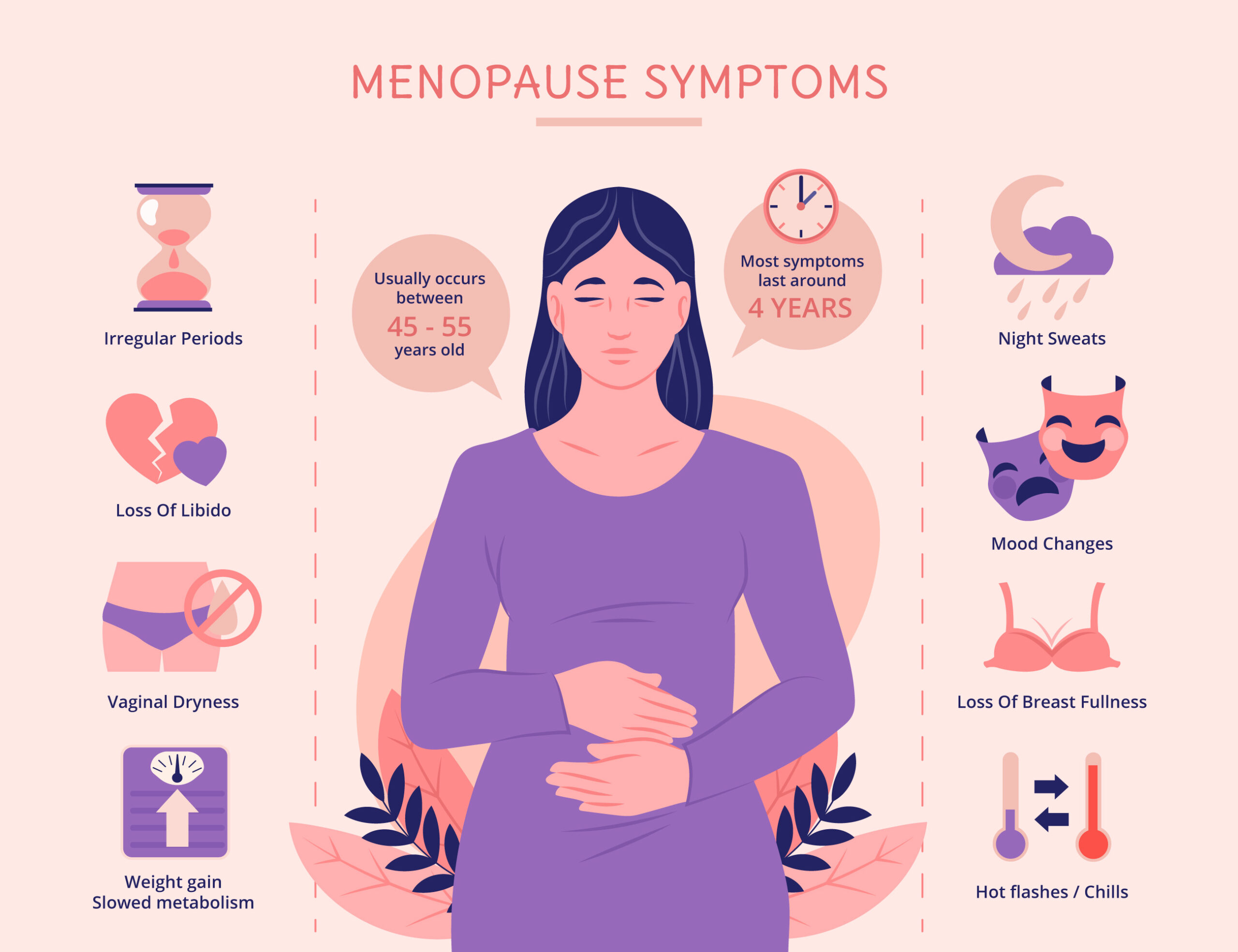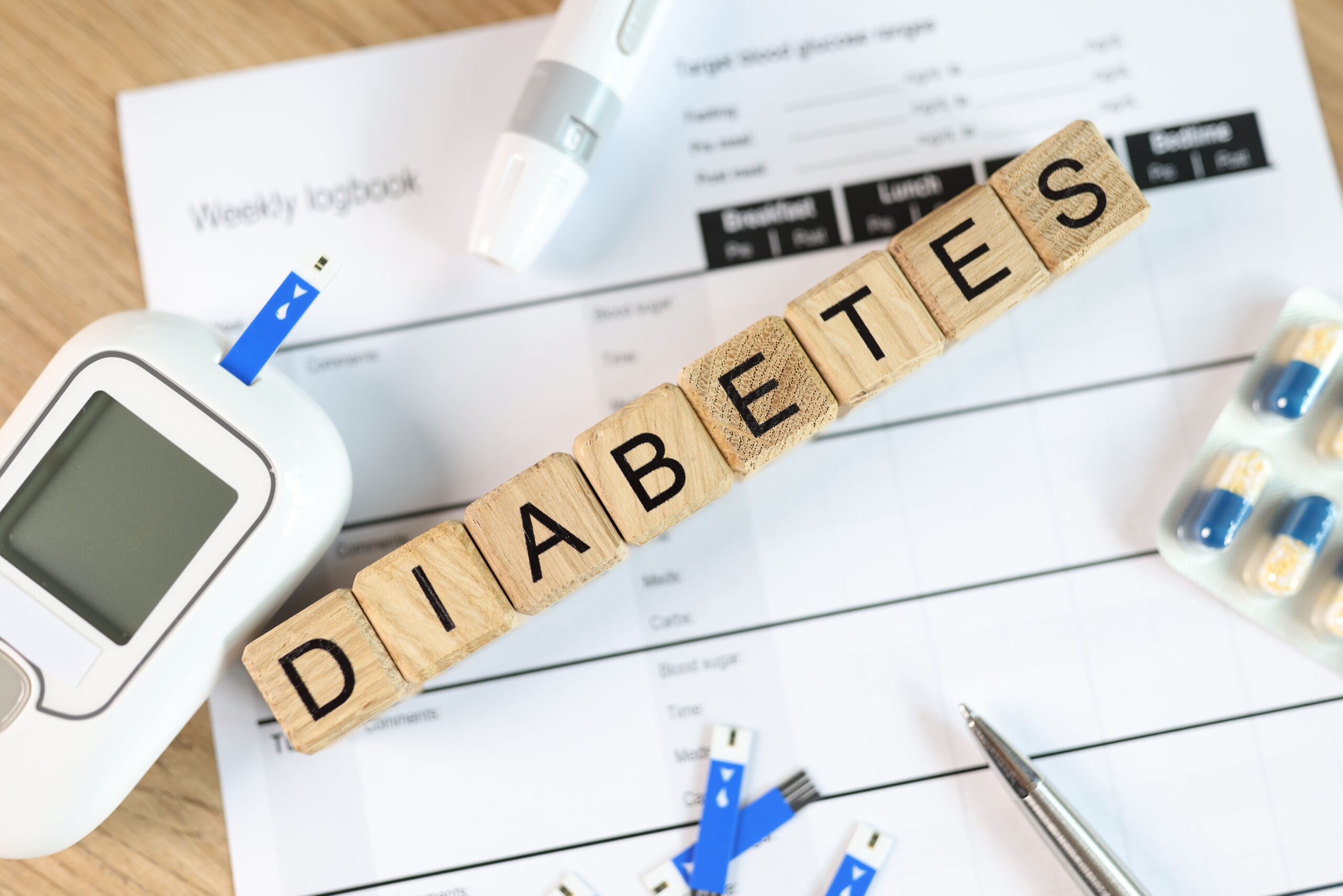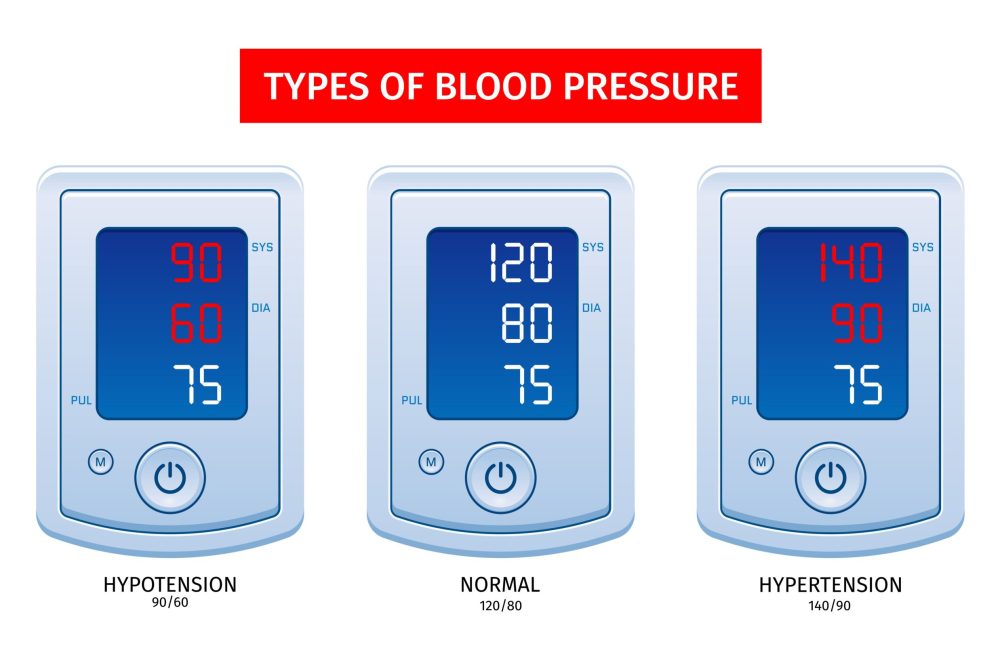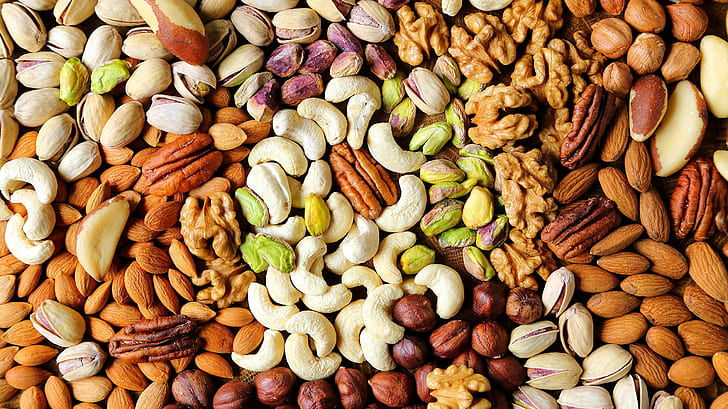
Menu

Menopause is a point in time when you’ve gone 12 consecutive months without a menstrual cycle. The time before menopause can last eight to 10 years (perimenopause). The time after menopause (postmenopause) will last until the end of your life.




Cardiovascular disease (CVD) is the leading cause of death in women, who have a notable increase in the risk for this disease after menopause and typically develop coronary heart disease several years later than men. Young women who have undergone early or surgical menopause, who do not take estrogen, also have higher chances of having heart disease
Lower levels of estrogen increases the risk for several health conditions, such as osteoporosis and heart disease.
Studies that have followed women over a stretch of time have found that those women with early menopause (45 and younger) or surgical menopause, who do not take estrogen have more cardiovascular health issues later on than those who have menopause closer to the normal age (around 50).
More than one in three female adults has some form of cardiovascular disease. An overall increase in heart attacks among women is seen about 10 years after menopause.
Women who have gone through menopause are at even greater risk if they also have any of these health and lifestyle conditions:
Diabetes
Smoking
High blood pressure
High LDL (low density lipoproteins) or “bad” cholesterol
Low HDL (high density lipoproteins) or “good” cholesterol
Obesity
Inactive lifestyle
Family history of heart disease
If you’ve followed a healthy lifestyle and continue doing so at menopause, your risk for heart disease and stroke is lower.
1) Eat well:
Follow a diet low in saturated fat; low in trans fat (partially hydrogenated fats); and high in fiber, whole grains, legumes (such as beans and peas), fruits, vegetables, fish, folate-rich foods, and soy.
2) Maintain a healthy body weight:
The more you are over your ideal weight, the harder your heart has to work to give your body nutrients. Research has shown that being overweight contributes to the onset of heart disease.
3) Exercise throughout the week:
The heart is like any other muscle — it needs to be worked to keep it strong and healthy. Being active or exercising regularly (ideally, at least 150 minutes total each week) helps improve how well the heart pumps blood through your body. Activity and exercise also help reduce many other risk factors. It helps lower high blood pressure and cholesterol, reduces stress, helps keep weight off, improves blood sugar levels and help you sleep through the night. Yoga can also help with your mood and relieve any fears or anxiety you may be feeling.
4) Treat and control medical conditions:
Diabetes, high cholesterol, and high blood pressure make you more likely to have heart disease.
5) Avoid or quit smoking:
Smoking, which may contribute to early menopause, increase the risk of blood clots, decrease the flexibility of arteries and lower the levels of HDL cholesterol. Smokers have twice (or higher) the risk of heart attack than nonsmokers. In addition to eliminating cigarettes, stay away from secondhand smoke, as it also increases the risk of heart disease.


WhatsApp us